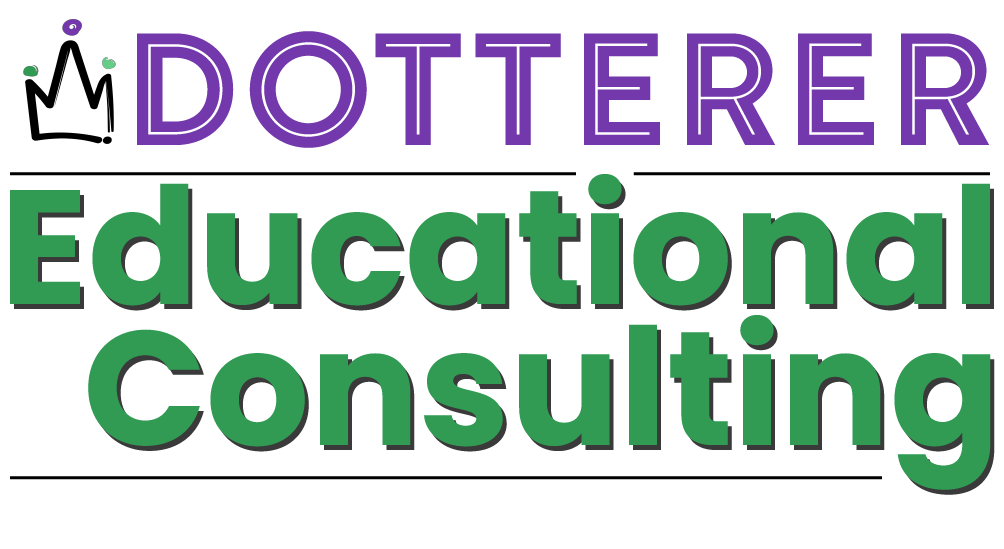Professional Resources
Do you have a student(s) with dysgraphia?
Help your students overcome the social-emotional trauma associated with handwriting problems.
Symptoms of Dysgraphia
- Avoid handwriting
- Awkward pencil grasp
- Awkward letter appearance
- Breaks pencils often
- Difficulty managing margins
- Hand cramps or pain
- Intensely watching his/her hand when writing
- Pencil pressure is too light
- Poor fine motor skills
- Unorganized paragraphs
- Unusual hand or paper position
- Written Expression does not meet expectations
What is written expression?
Comprehending handwriting deficits begins by understanding what topics are included in writing.
According to the DSM-5 is the Diagnostic and Statistical Manual of Mental Health Disorders, written expression includes:
-
Grammar
-
Punctuation
-
Capitalization
-
Sentence structure
-
Paragraph organization
-
Clarity
-
Additional letters
-
Omission of letters
-
Vowel or consonant substitutions
Dysgraphia is a delay in written expression
Key Characteristics of a written expression delay are illegible handwriting and a slower speed than their peers.


How can you help your students?
-
Arm yourself with best-practice interventions
-
Collaborate with all disciplines in your building
-
Know the signs to look for when a student needs an evaluation
-
Join a community of Word Changers
-
Engage in professional development programs
Free Resources
Body Sentence Alphabet
The Body Sentence Alphabet is a visual, auditory, and kinesthetic (movement) alphabet to improve spelling and vocabulary.
Decoding Dysgraphia
Get an overview of the types of dysgraphia. Each type includes one intervention to get you started helping your child. Register Here.
Virtual Dysgraphia Coffee Chat
Have a question? Cheri offers free office hours. Click here to find out when the next session is happening.
Other Resources
Book Cheri to Speak
Need a topic for your next faculty meeting or PD day? Cheri offers one hour, 1/2 day, and full-day professional development. Click here for topics.
Get Certified - Dotterer Dysgraphia Method
The Dotterer Dysgraphia Method is a certification program based on the research from our founder, Cheri Dotterer. Completing this program grants you a certificate as a Certified Dysgraphia K-5 Specialist.
We are developing programs across the lifespan to become a Dysgraphia Consultant.
Handwriting Brain-Body DisConnect
Get a signed copy of Cheri’s book (US only)
Defeat the frustration of handwriting avoidance. Build confidence and competence in your understanding of dysgraphia. Be the dysgraphia authority in your school.
Personal Growth
As Carol Dweck reported in her research, a growth mindset sets you apart from others.
Do you know who you are at your core?
Do you know why you are here?
Do you know where you are going?
You need to understand yourself first; then you can help others. Everyone should invest in themselves annually. Here is a great place to start.
Rewrite the futures of your students by investing in yourself through these programs.
Take on dysgraphia and change the atmosphere of your classroom/clinic!
You were put with each child in your classroom/clinic for a specific reason! Be the teacher/therapist who sets a child’s learning ablaze!
Research Participation
Are you interested in participating in research? Participation does NOT mean you need to return to school. Your company could be a site that engages in research being conducted by others.
If you are in school and need connections, we are here to make them happen.
We are working to have this feature available in 2022.
Masterclass Series
Dotterer Educational Consulting offers masterclass training once per month with related topics to dysgraphia. Register for a course. Annual discounts are available.
Additional Resources
Our story
We believe that professional and personal development across the lifespan rewrites the story of trauma associated with invisible learning disabilities, such as dysgraphia.
We help students by first transforming the professional and parents to recognize their disability.
By synthesizing best practices, building community, and transforming perspectives, students will change the legibility and speed of their writing and their social-emotional well-being.
We accomplish this by
- Linking universities and schools to develop research for dysgraphia.
- Providing professional development to schools, clinics, and parent organizations.
- Helping students through interventions, strategies, and educational systems overcome the shame associated with handwriting problems so they can rewrite their story, from struggle to success

